The past few years have been something of a climate awakening in the Global North. Across Europe and North America, the movement to decarbonise our economy has not only become more organised, but the analysis of how we got here and who is responsible has become clearer. The imagination of what constitutes climate action has begun to be wrenched from the grips of liberal environmentalism – an ideology that abstracts our relationship with nature from how we run our political and economic systems. It is slowly dawning on us that we are staring down the barrel of 5 degrees warming by the end of this century, not because people don’t eat organic or have their own compost heaps. Rather, it’s because the way we have designed the modern world demands we exploit ourselves, each other and the world around us at all costs. From the Sunrise Movement, to Black Lives Matter, to the Youth Climate Strikers: the streets are making it clear that climate action cannot just be about reducing, reusing and recycling. It has to also be about revolting, resisting and rebuilding.
The Green New Deal Shift
At a policy level, this shift in thinking is being articulated through the framework of a ‘green new deal’. Although varying dramatically in their radicalism, most green new deals acknowledge that climate action cannot be about incentivising ‘greener’ individual behaviours. Rather, vast amounts of capital and political will must be channelled into reconstructing our society around renewable energy – creating public infrastructure and millions of ‘green jobs’ in the process.
To be clear, this is not climate leadership. It’s climate catch-up. Movements in the Global South and in Indigenous communities have been situating climate breakdown as an explicit product of colonial capitalism for decades. Their analysis has been actively and violently removed from decision making processes by the very institutions claiming to be at the forefront of climate action.
Yet, even as the penny starts to drop on the systemic nature of climate breakdown, we have not grappled with the global implications of climate breakdown, and our responses to it. Much of this stems from the legacy of Roosevelt’s original New Deal – which the Green New Deal builds on.
The New Deal’s Nationalism Problem
The New Deal was a historically exceptional example of the state intervening to shift resources away from capital and towards labour. It is true that it offered many working class North Americans a social safety net during a time of crisis. Yet, baked into this were the racialised and geographic exclusions that have always defined social democratic notions of ‘progress’. From redlining, to the internment of more than 100,000 Japanese people, there were strict boundaries around who was and was not included in Roosevelt’s vision of public investment. Indeed, the racialised inclusions and exclusions of the New Deal is summarised no better than in the image of Japanese internment camps being built by employees of the Work Projects Association, one of the largest state agencies set up under the New Deal.
What’s more, the New Deal was designed to be a distinctly national programme. It did not concern itself with the global impacts of the financial crash, despite the central role played by US institutions in creating the crisis. It also did not question the premise that the US can and should use its geopolitical power to secure its economic interests abroad – particularly in Latin America and the Caribbean.
It is within this context that we must scrutinise the assumptions underpinning Green New Deal frameworks emerging out of the Global North. Who is, and is not included in these visions of ‘green growth’ – and on whose backs is this development being built?
Good green jobs for whom?
One angle we can look at this from is that of ‘green jobs’. The green new deal promises Europeans and North Americans millions of secure, unionised jobs. Like the original New Deal, the vision is that these green jobs will be created through the building of massive public infrastructure projects, which will need to be built as part of a green transition – things like renewable public transport, green housing and solar panels. Rightly so, much of this has been focused on ensuring that already precarious oil and gas workers will not be abandoned in the shift to renewable energy. Rather, their expertise and skills are to be repurposed under a just transition. Research by Platform has found great appetite amongst offshore workers in the North Sea Oil for being part of such a change.
It is absolutely correct that the green new deal focuses on this workforce, who have a right to to be skeptical about the likelihood of a just transition. You only have to look at how successive governments have gutted and then abandoned industrial towns and cities, to understand why there’s little faith in the state to protect local communities during transition periods. However, when approached globally, this represents just one part of a much bigger story about work and climate crisis.
Without a global justice lens, visions of abundant public infrastructure fuelled by renewable energy in the North will be upheld by the exploitation of human labour and resources in the South. We must not forget what a renewable energy revolution looks like for those further down the supply chain, particularly those in industries that are assumed to continue – and possibly even expand – in a system based on renewable energy. Global production of batteries, solar panels, electric cars and wind turbines relies on rare earth minerals like cobalt that are overwhelmingly sourced from the Global South under horrific ecological and labour conditions. Not only does the digging of mines displace and endanger those living near them, but the mining industry is responsible for some of the most exploitative labour practices in the world. The International Labour Organisation found that in the Democratic Republic of Congo, where much of the world’s cobalt is extracted, 93% of the mining workforce experiences labour exploitation – many of whom are children as young as seven. As the demand for renewable technologies massively expands, downward pressure is worsening the working conditions of Chinese assembly lines.
Much of this demand is coming from companies headquartered in the Global North. The scale with which this expansion is taking place is driven by a ‘green growth’ agenda, which looks to essentially continue the current way in which our society is organised, but where carbon is replaced by rechargeable batteries and green energy. Existing visions of abundant green infrastructure in the Global North have not adequately grappled with what this means for the workers globally.
This is the danger of pursuing a green new deal that focuses primarily on workers in certain sectors or geographies of the supply chain – or that limits its imagination within national boundaries. The reality is that supply chains that make possible green technologies and other consumer or infrastructural products are transnational – and these supply chains are heavily implicated in any vision of a green new deal – global or otherwise. These workers, because of their geographic, class and racial locations, tend to be out of the purview of policymakers, especially in the global north. They are made vulnerable by some of the more West-centric green new deal discourses, despite being already at the sharp end of climate breakdown.
Care jobs are green jobs
Many of the working conditions that are most severely impacted by climate breakdown – and which will be heavily implicated in our responses to climate breakdown – are in forms of labour that aren’t even considered work.
Climate discourse in the Green New Deals of the Global North tend to focus on those masculinised industries deemed “productive” to GDP – like energy, transport and construction. However, the conditions of both paid and unpaid social reproductive labour – the work that goes into caring, cleaning, cooking and educating – tend to remain unaddressed. This is despite the fact that this kind of work is not only the building blocks upon which the rest of society relies, but it is essential to surviving climate-induced crises.
This is also part of the legacies left to us by the framework of Roosevelt’s New Deal, which transformed the working rights in many industries – but still relied on women doing the lion’s share of unpaid domestic labour in the home – and did not address the conditions of largely racialised, paid domestic work. This invisibilisation of domestic work is baked into capitalism itself. Today over 75% of unpaid care work in the world is undertaken by poor women and girls. Their contribution to the global economy when valued at minimum wage is $10.8 trillion – more than three times the value of the global tech industry.
Indeed, COVID-19 showed us what happens to the working conditions of women when crisis hits. When food supply chains are disrupted and care systems are overwhelmed, it’s marginalised women that absorb the fall out. They fill the care gaps, they strategise around food and energy stability and provide emotional and mental support to the community around them. Climate-related crises are no different. As our sense of stability is and will continue to be shaken, the labour of caring for one another will increase in its scale and intensity. A global green new deal must reckon with this, and ensure that women – particularly in the South – are not paying the highest price for climate breakdown. This means distributing social reproduction fairly, and building our infrastructures of mitigation and resilience around collectivising this labour and providing a material safety net for all.
Reimagining work
A key reason why the issue of global and gendered inequality continues to pervade our responses to climate breakdown is because we are still relying primarily on the political units of change that created this crisis. Units such as the nation-state, capitalist growth and patriarchal notions of ‘productive’ labour. There are of course practical reasons why some of our thinking needs to be articulated at the national level, but the existing model of nationally bound green new deals make it almost impossible to not reproduce colonial logics of green development – also known as ‘green colonialism’.
The green new deal can begin to work through these contradictions by re-imagining what it is actually trying to do. We often hear that the aim of climate action is to ‘save the world’ – understandably so given the loss of life we can expect if we continue as we are. But we must also be clear that we do not want to save the world as it currently exists; a world that engineers inequality in order to sustain its model of growth and development. We want to change the world. We want to change how we connect to one another, and what assumptions underpin the systems in which we live.
In the case of work – we want to change what it is we are working for: are we working to build more roads so companies like Amazon can provide next day delivery? Or are we working to make sure that we all have our care needs attended to in meaningful ways? Is the aim for everyone to have a 9 to 5 industrialised job in order to sustain unhealthy capitalist demand, or is it for the essential work of living to be distributed fairly, freeing up time for things other than work – things that give us joy, pleasure and safety? By asking fundamentally different questions, we create the space in which truly radical and global answers can begin to emerge.
The climate crisis presents us with an existential threat that requires a global response. But the scale of response needed also offers us a unique opportunity to do something much bigger than simply save work. It gives us the chance to reimagine it.
_
For more on what a global green new deal could look like, check out Dalia’s co-curated illustrated book ‘Perspectives on a Global Green New Deal’. You can order a copy of the book for free from www.global-gnd.com. You can also hear from activists from around the world in Dalia’s co-hosted podcast, Planet B: Everything Must Change, which explores the key pillars of a globally just green new deal. You can find Planet B wherever you get your podcasts. Supported by the Rosa Luxemburg Stiftung with funds of the Federal Ministry for Economic Cooperation and Development of the Federal Republic of Germany / the German Federal Foreign Office.
_
Dalia Gebrial is a PhD researcher at the London School of Economics. She is also an associate researcher at Autonomy UK, and co-author of Empire’s Endgame: Racism and the British State.
This piece was commissioned as part of the Contextualising Climate Crisis series.
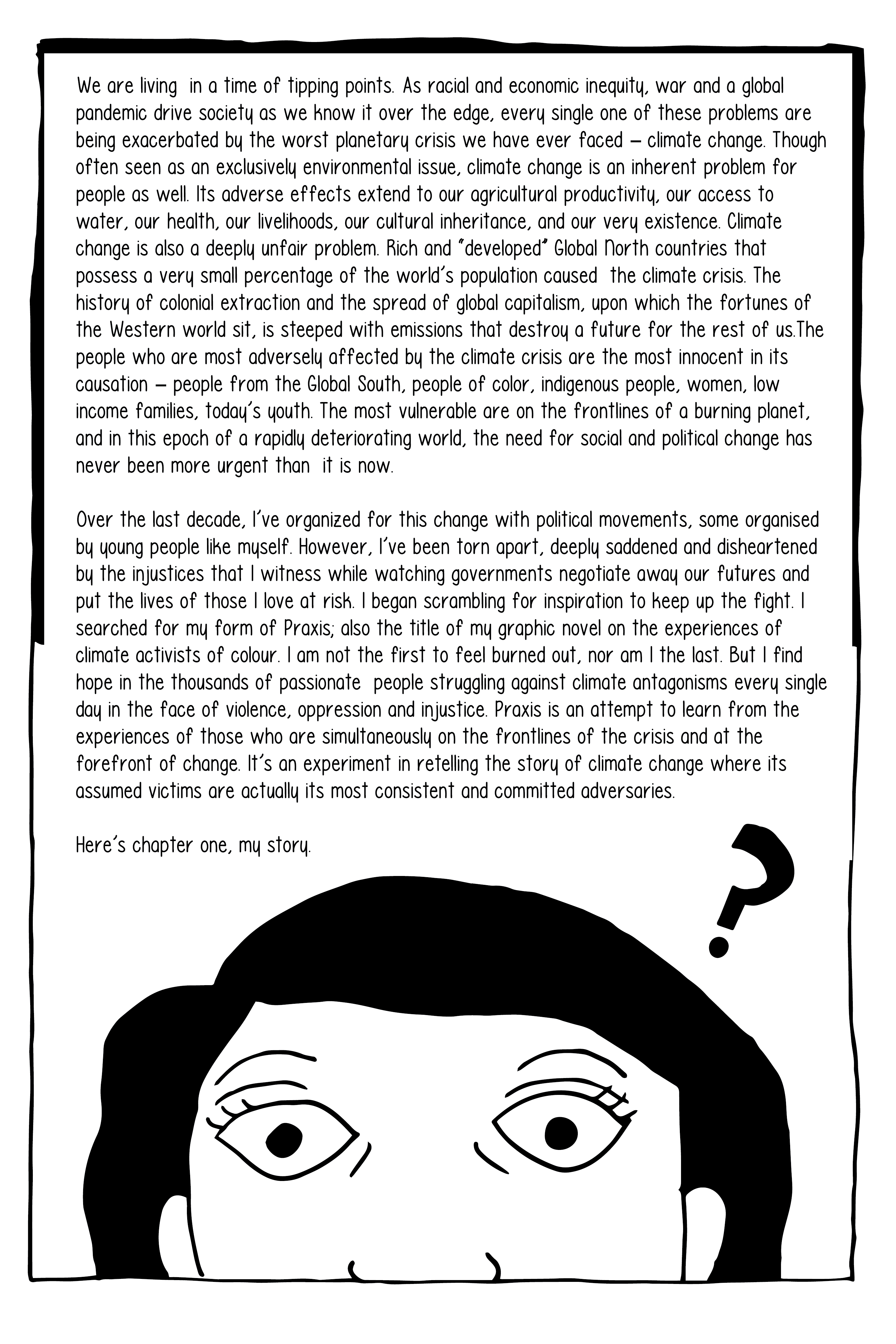






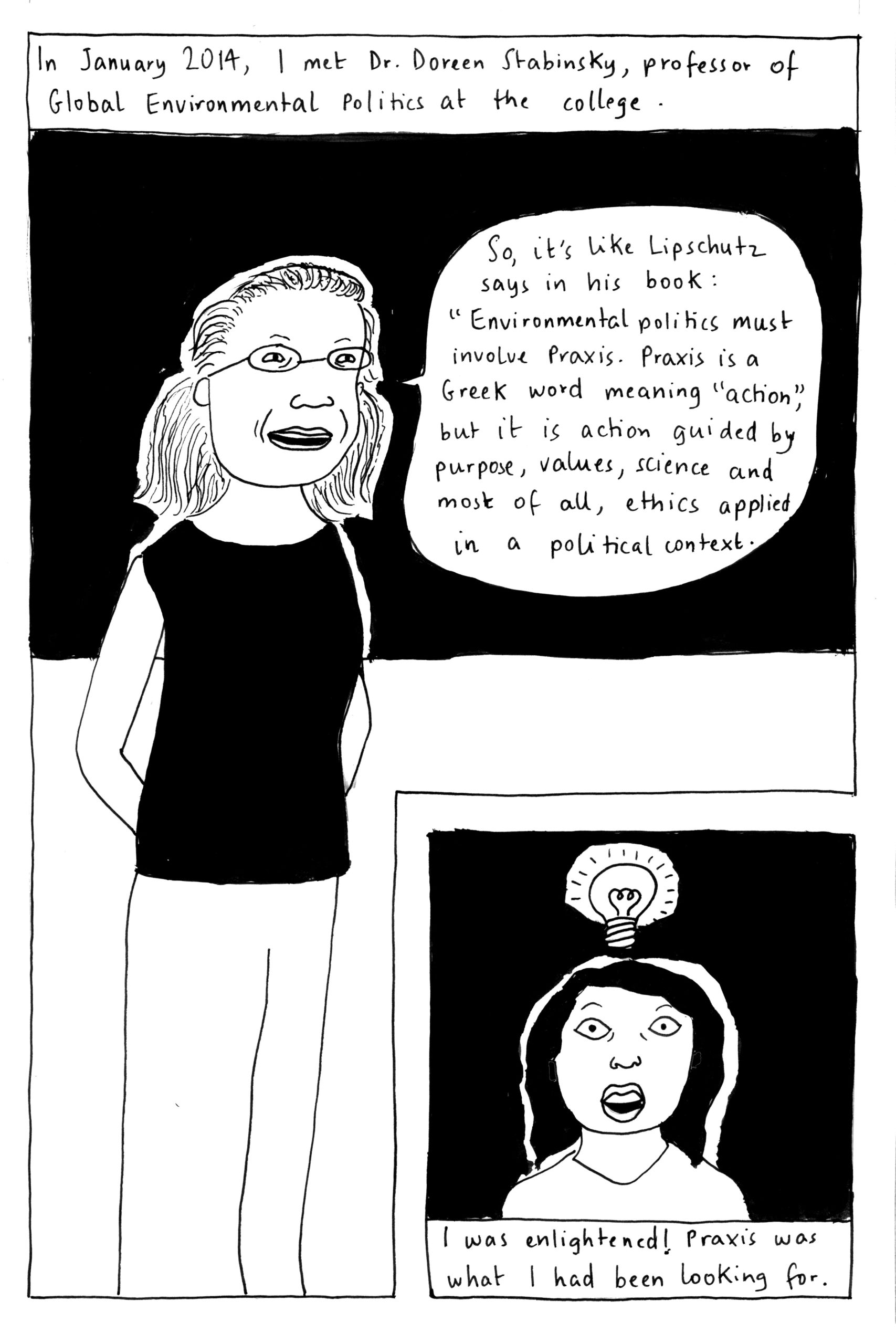
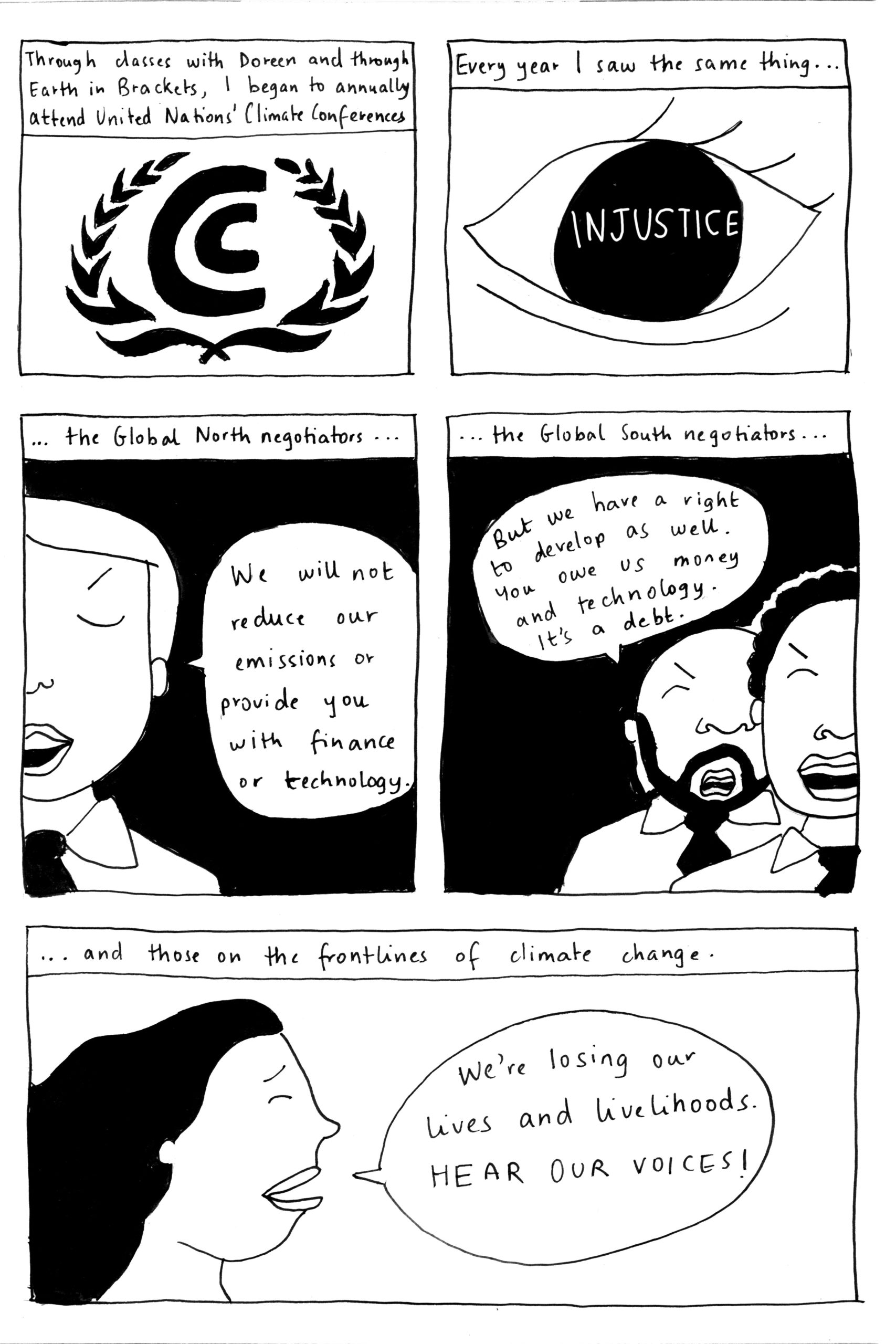
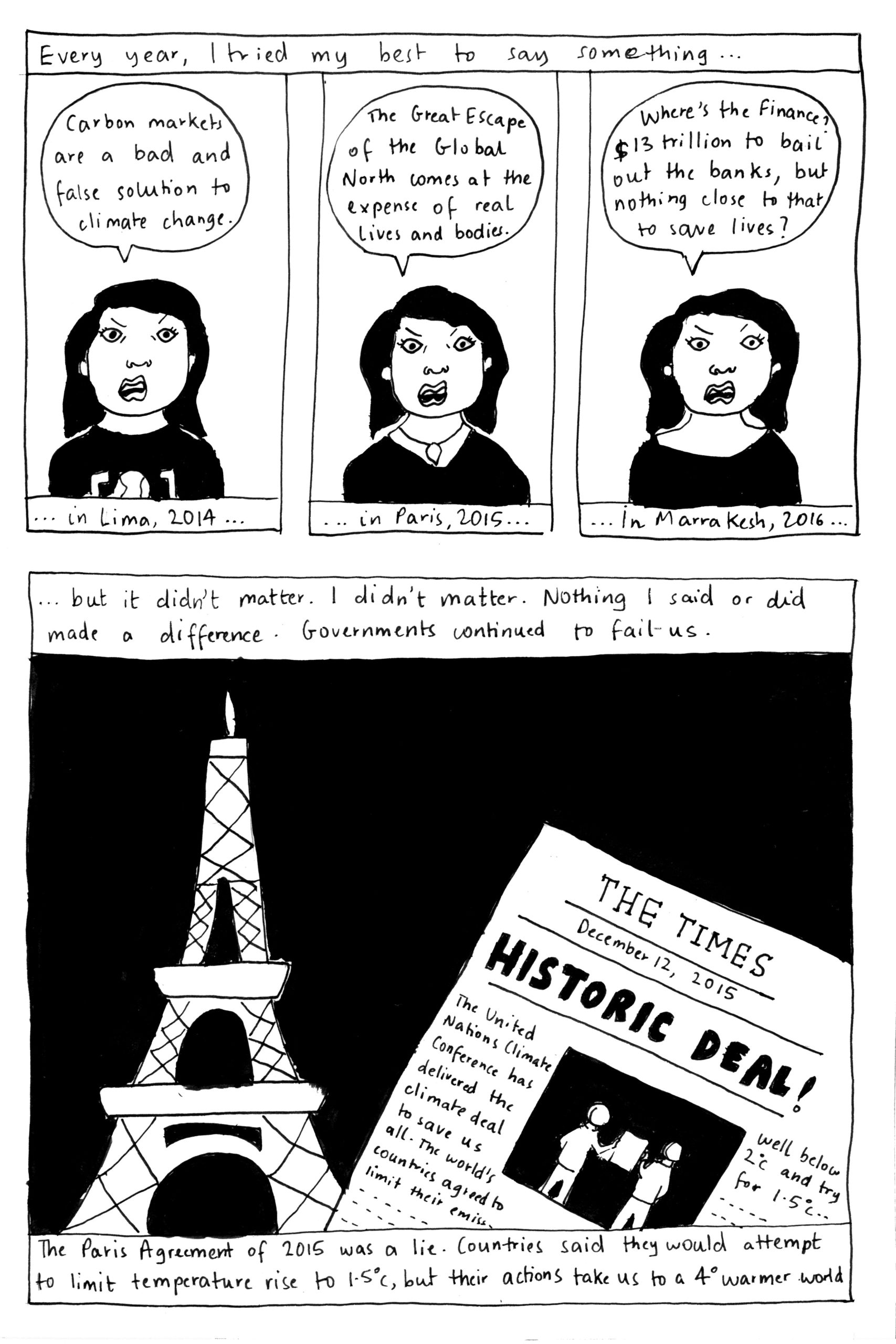
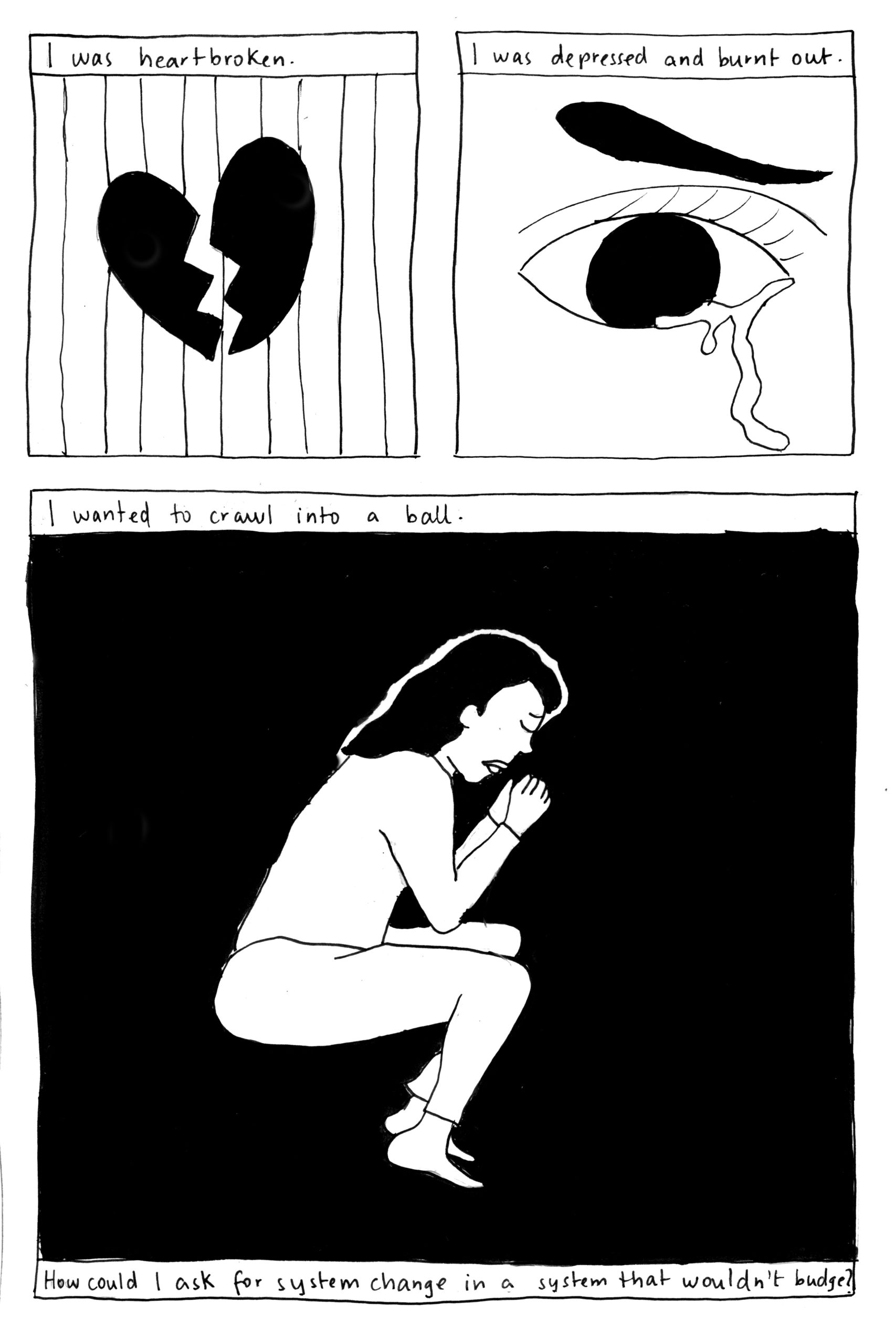
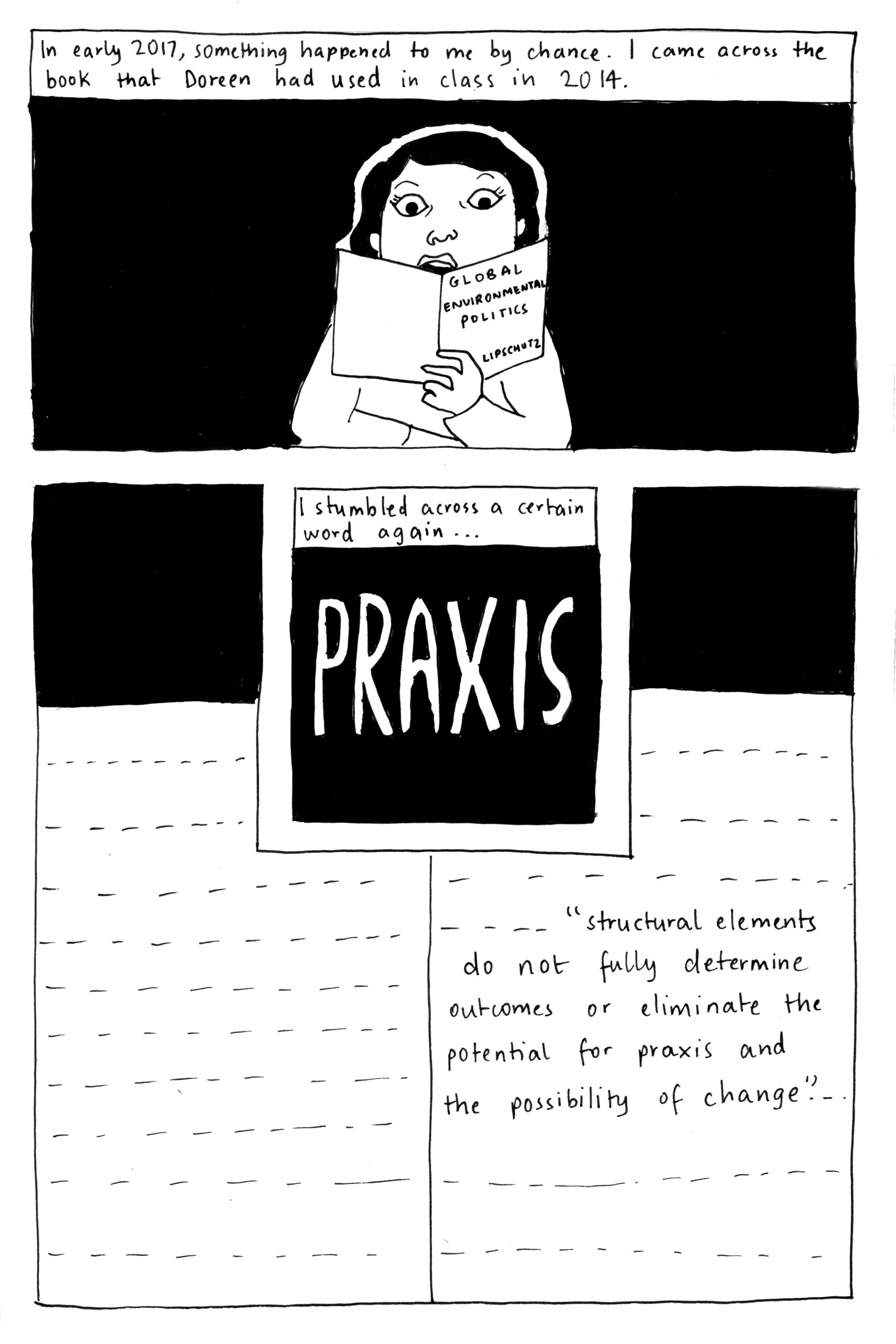
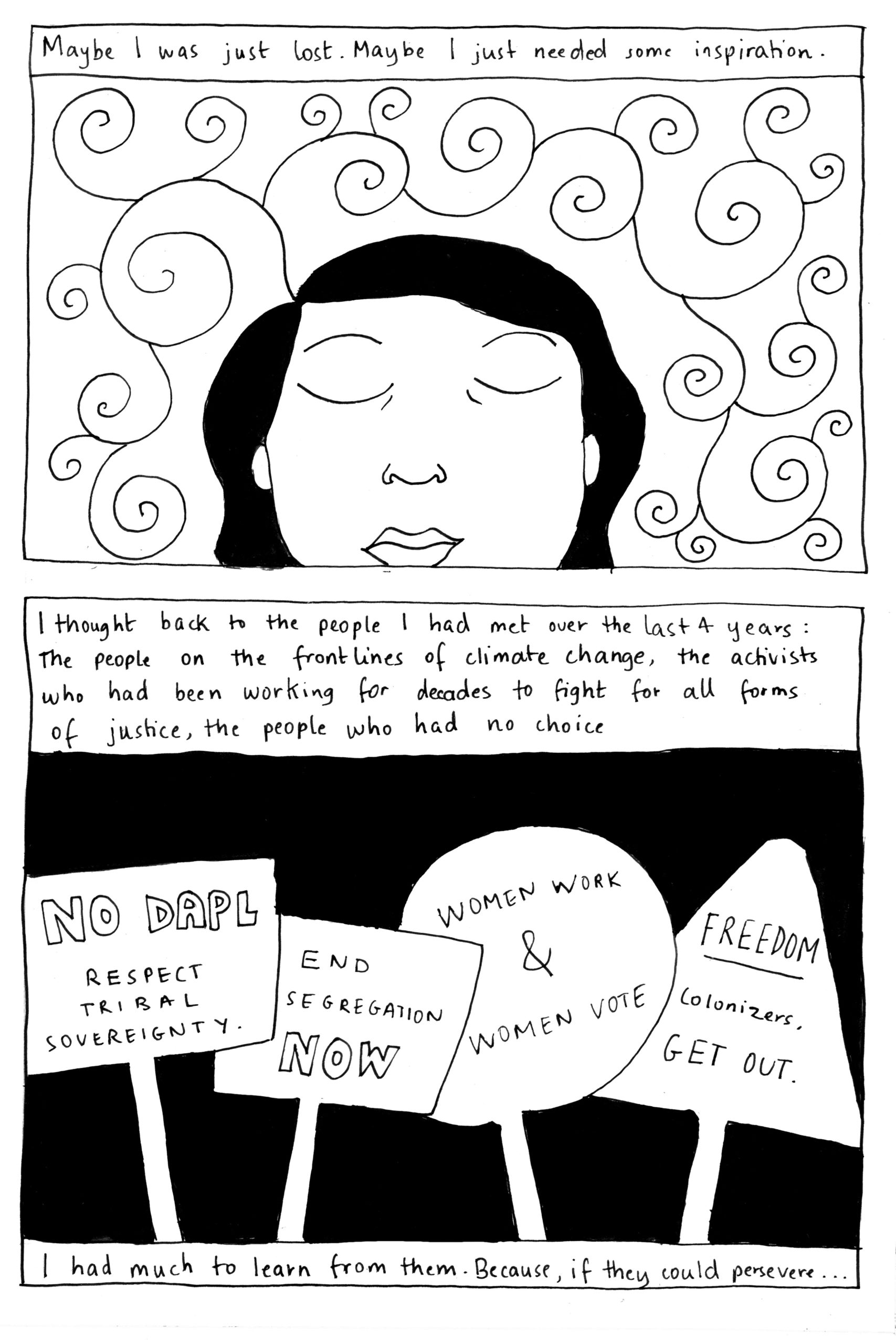
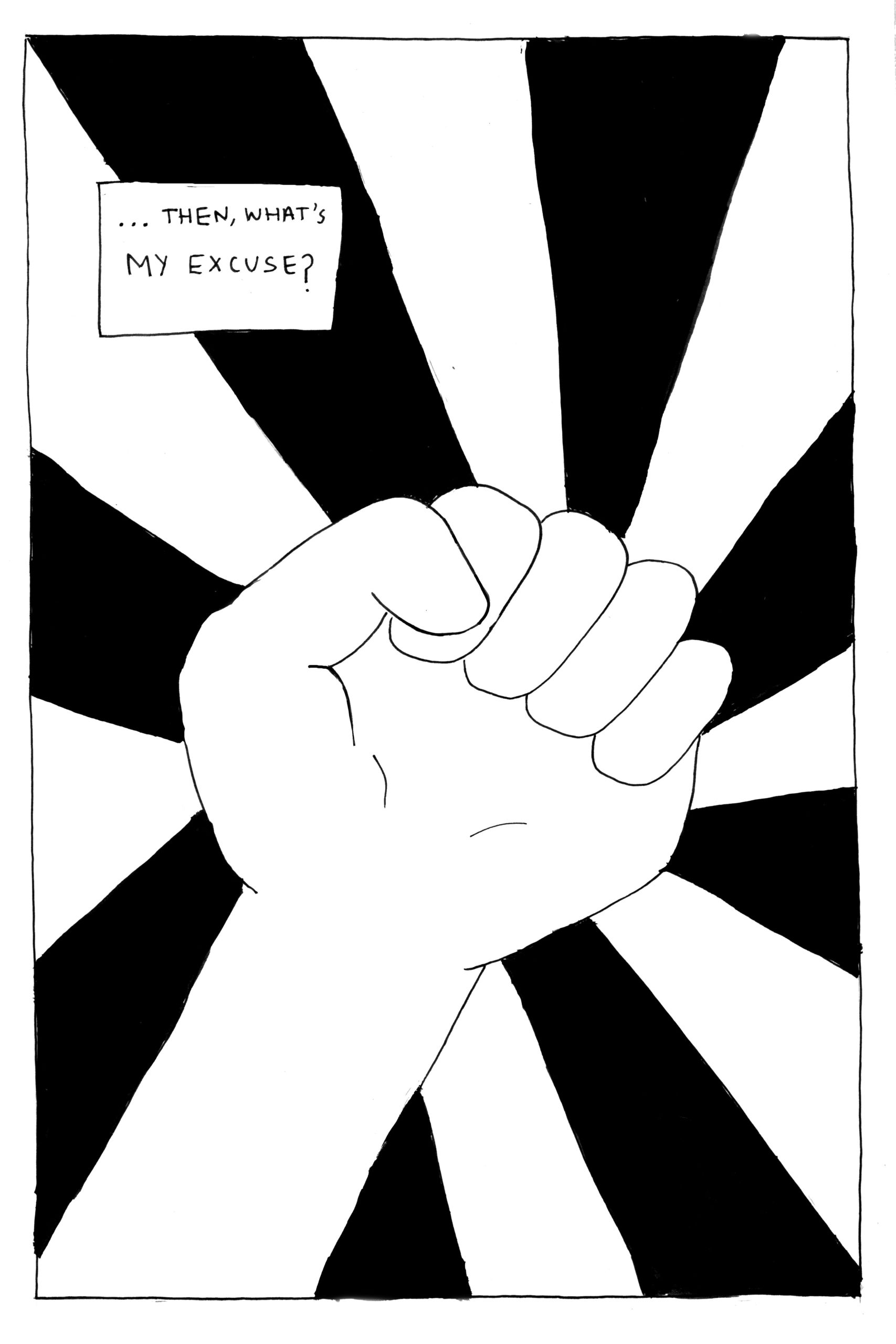
Share this